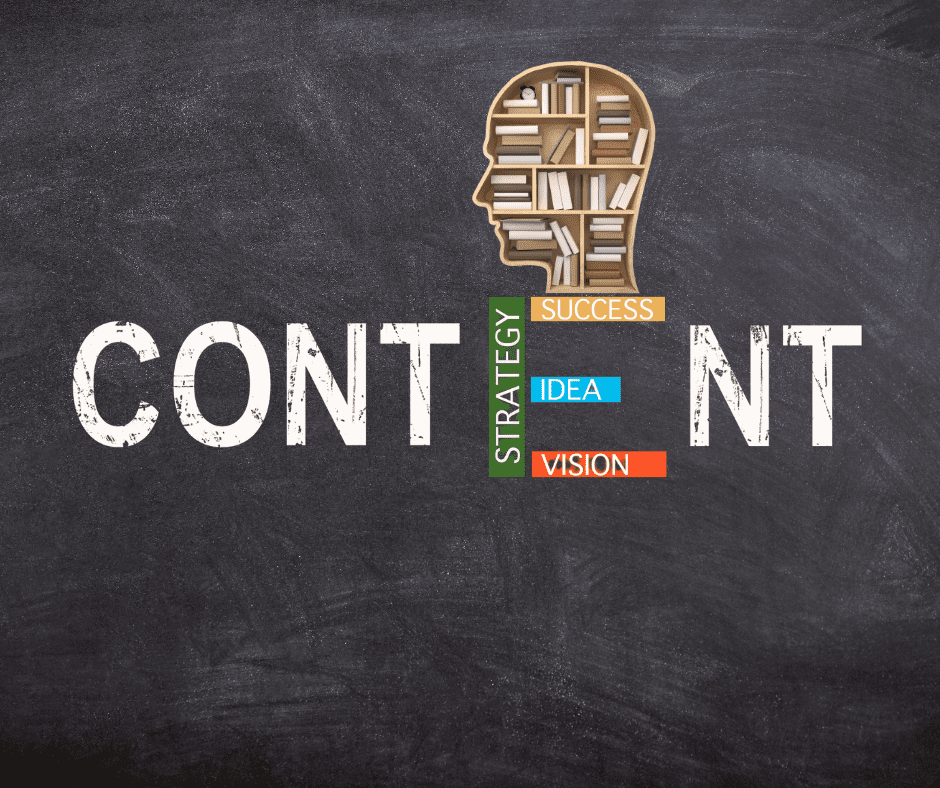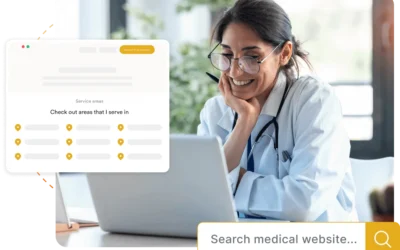Showcasing Your Expertise: Enhancing Your Website with Educational Content
Incorporating educational content on your website is an effective way to establish yourself as an industry expert. Here at True Wellness Marketing, we will guide you through the process of showcasing your expertise through educational content, helping you engage your audience, build trust, and position yourself as a knowledgeable authority in your field.
Why Educational Content Matters

Educational content is a powerful tool to demonstrate your expertise and provide value to your audience. By sharing valuable insights, tips, and information, you can:
- Establish credibility and authority in your niche.
- Attract a larger and more engaged audience.
- Foster a sense of trust and loyalty among your readers.
Identifying Your Audience’s Needs
Understanding your target audience’s pain points and interests is essential for creating educational content that resonates. Consider these steps:
- Conduct thorough market research to identify common questions and challenges your audience faces.
- Develop buyer personas to gain insights into the demographics, preferences, and goals of your audience.
- Pay attention to feedback and comments to gather information on topics your audience is interested in.
Choosing the Right Educational Format
Educational content comes in various formats, allowing you to cater to different learning preferences. Consider including:
In-depth blog posts and articles: Provide comprehensive explanations of complex topics.
How-to guides and tutorials: Step-by-step instructions to solve specific problems.
Infographics and visual guides: Condense information into visually appealing formats.
Videos and webinars: Engage your audience through dynamic visual content.
Ebooks and downloadable resources: Offer in-depth guides for those seeking in-depth knowledge.
Crafting High-Quality Content
The quality of your educational content is crucial for establishing expertise and providing value to your audience. To create compelling materials, start with thorough research using reputable sources. Use clear, concise language to make complex concepts accessible and provide actionable takeaways that readers can implement. Support your content with credible citations and offer unique insights beyond readily available information. Organize your content for optimal readability using descriptive headings and relevant visuals.
Maintain high standards by fact-checking information, proofreading thoroughly, and updating content regularly. Tailor your approach to your target audience, addressing their needs and using relatable examples. By following these guidelines, you’ll create educational content that informs, engages, and empowers your readers, establishing you as a trusted authority in your field.
Incorporating SEO Strategies
Creating educational content is only valuable if it reaches your target audience. Optimize your content for search engines to increase visibility:
Conduct keyword research to identify relevant search terms.
Use keywords naturally in your content, including headings, subheadings, and body text.
Create informative meta titles and descriptions to encourage clicks from search results.
Engaging Visuals and Multimedia

Visual elements enhance the educational experience and capture readers’ attention. Consider these strategies:
- Include relevant images, diagrams, and charts to illustrate key points.
- Embed videos or multimedia content to enhance engagement.
- Break up lengthy text with visual elements to improve readability.
Building a Content Calendar
Consistency is key in showcasing your expertise. Develop a content calendar to:
- Plan and organize your educational content topics and publication dates.
- Maintain a steady flow of valuable content to keep your audience engaged.
- Align your content calendar with industry trends, events, and seasonal topics.
Encouraging Interaction and Engagement
Educational content should foster a sense of community and encourage interaction. Implement these strategies:
Invite readers to leave comments, ask questions, and share their thoughts.
Respond promptly to comments and engage in meaningful conversations.
Use social media platforms to promote your educational content and encourage discussions.
Showcasing Case Studies and Success Stories
Incorporate real-life examples and case studies to showcase the practical applications of your expertise. Share success stories of clients or customers who benefited from your advice. Analyze and present data to demonstrate the results of your strategies.
Establishing Expertise Through Educational Content
Incorporating educational content on your website is a powerful strategy to showcase your expertise and provide value to your audience. You can establish credibility, foster trust, and build a loyal following by identifying your audience’s needs, creating high-quality content, optimizing for search engines, and engaging with your readers. Remember, consistent, informative, and well-crafted educational content is the cornerstone of positioning yourself as an industry authority. Let us help you build educational content that will hook you to your target audience!
Contact us at: [email protected]
Phone: 877-664-4654




